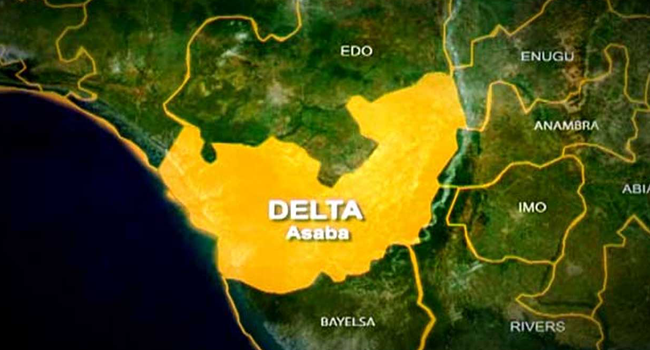The Odidi community, situated in the Warri South-West Local Government Area of Delta State, Nigeria, has served a quit notice to Neconde Energy Limited, an oil exploration and production company operating in their territory. The community accuses Neconde, a joint venture partner with the Nigerian National Petroleum Company Exploration and Production Limited (NNPC E&P) on Oil Mining Lease 42 (OML 42), of violating the terms of their 2024 Global Freedom to Operate (FTO) agreement, which is slated to expire on April 29, 2025. At the heart of the dispute is the alleged sidelining of local contractors in favor of Neconde’s own subsidiaries for lucrative maintenance and operational contracts related to oil activities within the community’s land. The Odidi community leadership argues that this practice directly contravenes the agreement’s provisions designed to ensure local participation and economic benefit for the host community.
The 2024 Global FTO, effective from May 1, 2024, was intended to foster a mutually beneficial relationship between Neconde and the Odidi community. However, the community alleges that the agreement has been systematically breached by Neconde, resulting in a significant shortfall in the expected benefits for local stakeholders, particularly youth and local contractors. According to the community’s statement, Neconde has consistently failed to honor its commitments, specifically those related to engaging local contractors in pipeline maintenance and other oil-related operations. Instead, these contracts have been awarded to Neconde’s subsidiaries, effectively excluding the local workforce and depriving them of economic opportunities. The community leadership contends that this action not only violates the spirit of the FTO but also undermines the economic well-being of their people.
Adding to the community’s grievances are outstanding payments allegedly owed by Neconde under the terms of the agreement. The community leadership asserts that the company has shown a lack of accountability in meeting its financial obligations, further exacerbating the already strained relationship. The demand for payment of these outstanding dues, coupled with the alleged breach of contract regarding local content participation, forms the basis of the quit notice served to Neconde. The Odidi community is resolute in its stance, demanding that Neconde not only settle its financial obligations but also vacate the area by the expiration of the current FTO. They have explicitly stated that the agreement will not be renewed, signaling a complete breakdown of trust between the community and the oil company.
The community’s frustration is palpable, with their spokesperson, Michael Konkemele, echoing the leadership’s sentiments. He emphasized that the current agreement has primarily served the interests of Neconde, leaving the local community marginalized and deprived of the anticipated benefits. Konkemele highlighted the breadth of contracts, ranging from wellhead revamp and flowline repair to gas lift interventions, that have been awarded to Neconde subsidiaries, effectively shutting out local contractors. This practice, according to the community, contradicts the fundamental principles of local content development and community engagement that are central to sustainable oil exploration and production activities. The lack of local participation in these projects has not only hampered the economic progress of the community but also fueled resentment and distrust towards Neconde.
The ultimatum issued by the Odidi community underscores the growing tension between host communities and oil companies in the Niger Delta region. It reflects a broader pattern of grievances related to environmental degradation, lack of development, and perceived exploitation by oil companies operating in the area. The community’s insistence on local content participation highlights a critical challenge in the oil and gas sector – balancing the economic interests of multinational corporations with the developmental needs and rights of host communities. This case serves as a stark reminder of the importance of transparency, accountability, and genuine community engagement in fostering sustainable and mutually beneficial partnerships between oil companies and the communities in which they operate.
As of the time of the initial report, Neconde Energy Limited had not responded to these allegations. The company’s silence further fuels the community’s frustration and underscores the urgency of addressing these concerns. The situation calls for immediate intervention and mediation to resolve the impasse and prevent further escalation of the conflict. A sustainable resolution necessitates open communication, good faith negotiations, and a commitment from all parties to adhere to the principles of fairness, equity, and respect for the rights and interests of the Odidi community. The future of oil operations in the area hinges on the ability of Neconde and the Odidi community to find common ground and rebuild trust.














